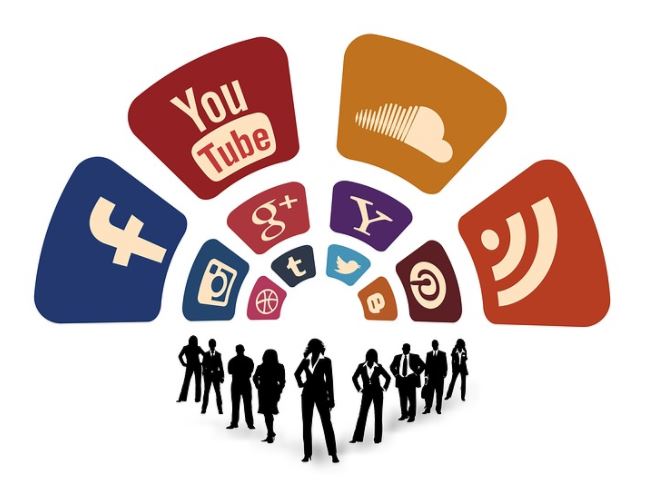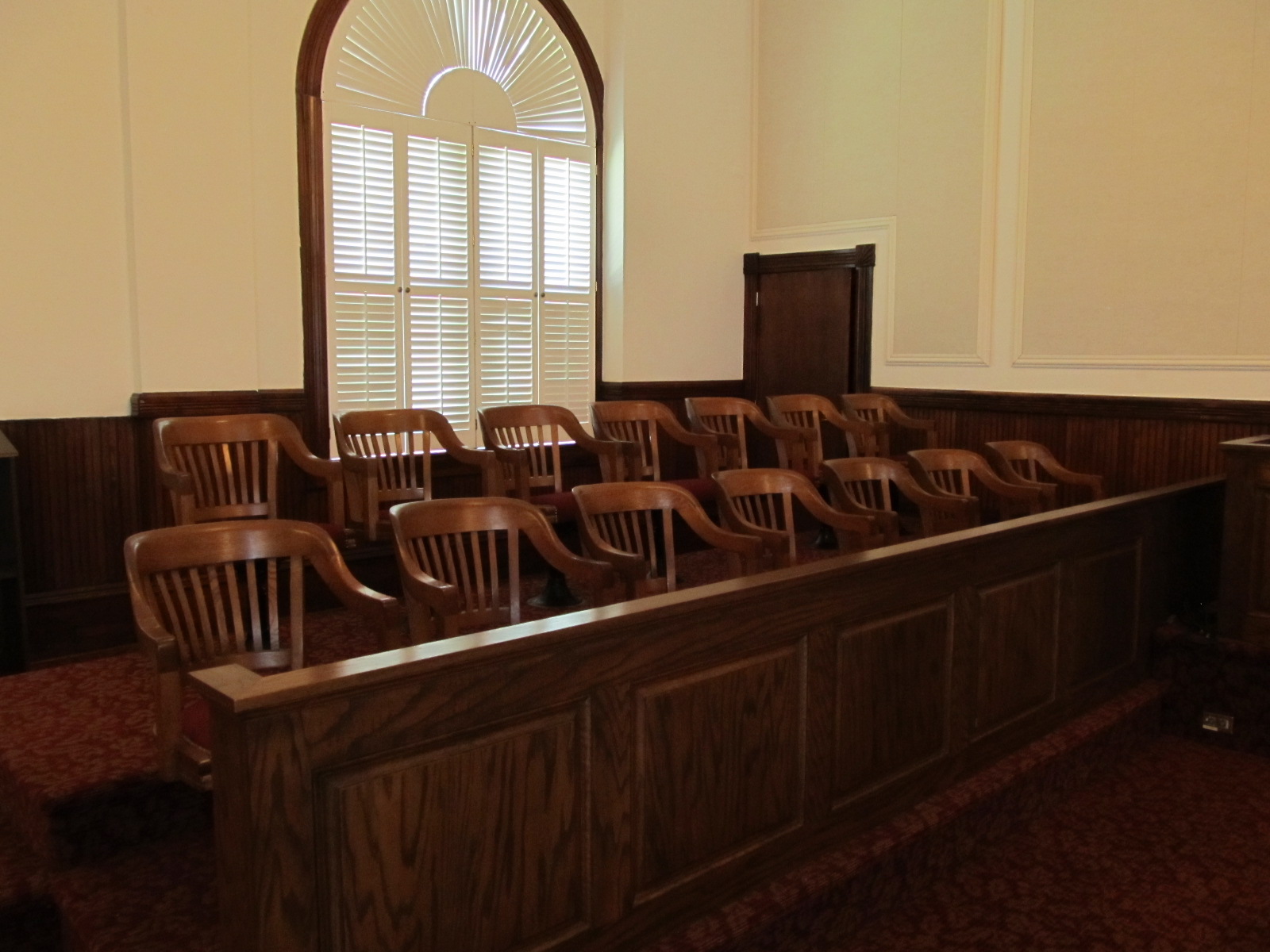Misusing social media can get you fired if you’re not careful. It can also cost you a prospective job, scholarship, or enrollment at a university. If you post something incendiary, self-incriminating, racist, or anything that otherwise casts the company you work for in a bad light, you might be fired for it. When combing through stacks of resumes that all begin to look the same, some employers or admissions officers may turn to the social media of candidates and applicants for more information and finding questionable or incendiary content may cost you as well. An increasing number of states are banning employers from requesting access to their employees’ and…
-
-
Five Things You Need to Know About Social Media and Discovery
Social media can have a profound impact on a lawsuit and can even make or break one’s case. Take, for example, a person who is claiming they are unable to work due to a workplace injury, but a quick perusal of their social media accounts reveals their ability to waterski simultaneous to the claim. An attorney will likely be able to use that post to make an argument in court. However, if the waterskiing employee realizes the post is problematic given his or her recent claim, they may decide to delete the photo. Deletion of tweets or Facebook posts in an effort to conceal evidence could result in dismissal of…
-
Jurors: The Social Media Balancing Act
Despite what Hollywood would have their audiences believe, most civil lawsuits settle before ever reaching a jury trial. When cases do make it to a jury, the selection process is very important. In domestic violence cases, defense attorneys aren’t likely to select a juror that suffered through similar circumstances. In civil cases, a plaintiffs’ attorney would likely dismiss a juror who has been a loyal employee of the defendant. It is easy enough to ask the jury basic questions during the selection process or garner simple information from juror questionnaires, but this is the information age and publicly available personal details are out there for…
-
The Line Between Cyber-bullying and Freedom of Speech
The intersection of free speech and safety on social media has been a hotly debated topic for many years. Because cyber-bullying takes many different forms, it is difficult to define. While several states criminalize cyber-bullying, the language of these statutes vary greatly and are just recently being challenged under First Amendment grounds. In June, the North Carolina Court of Appeals upheld the state’s cyber-bullying statute over a First Amendment challenge.[1] This decision is noteworthy because it contrasts a 2014 New York Court of Appeals decision striking down an Albany County cyber-bullying statute.[2] While the statutory language of these cyber-bullying statutes differ to some degree, the respective state…


